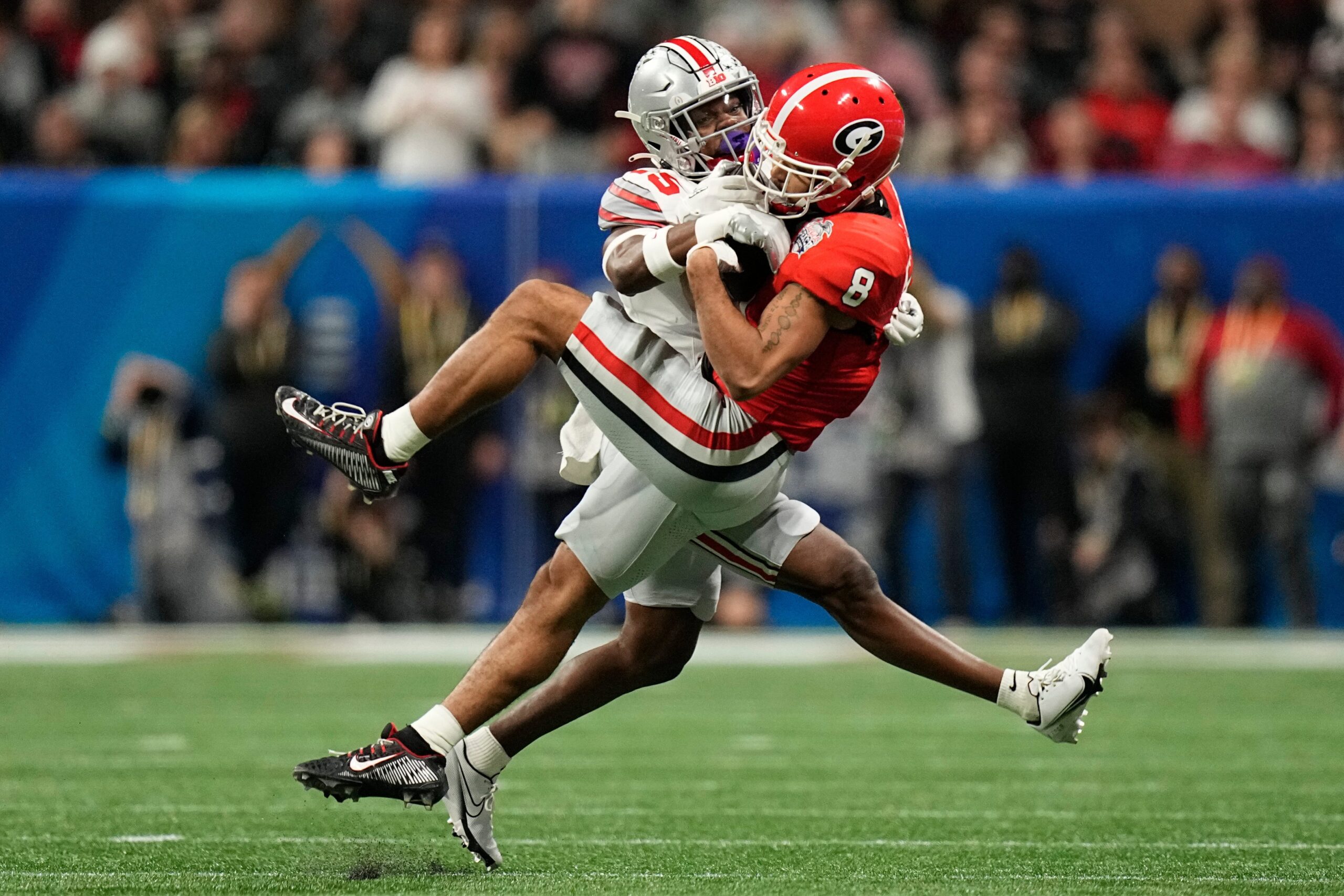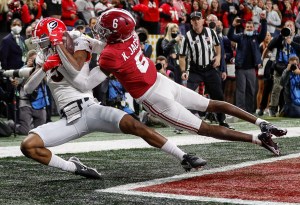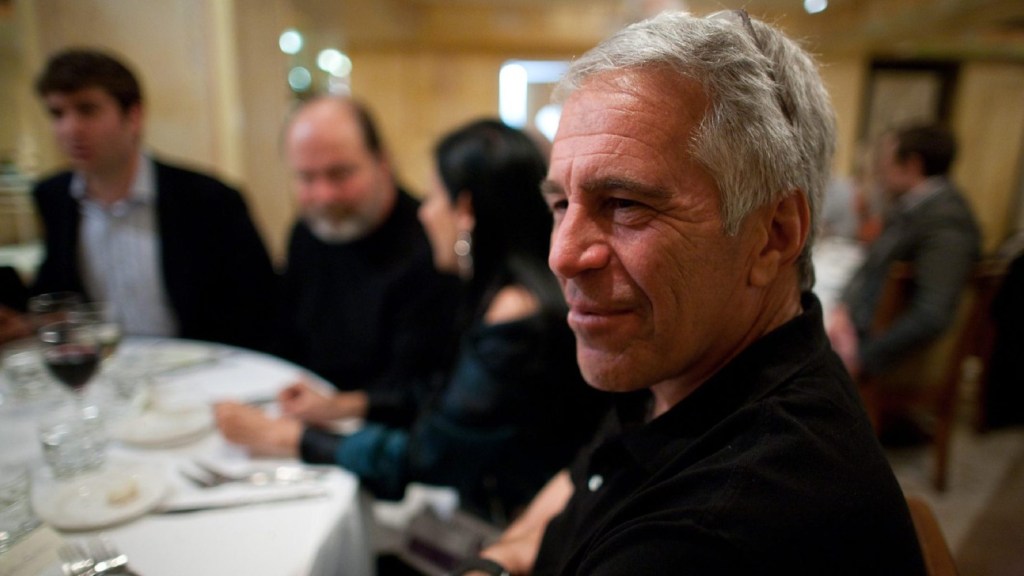Before the NIL era began, NCAA officials had said that group licensing — which makes products like sports video games and jerseys possible — wouldn’t work in college sports because there was no player’s union to negotiate them.
But third-party group licensing negotiating companies like OneTeam Partners disagreed and began setting up group licensing programs nationwide.
But the issue isn’t without controversy. The turmoil surrounding the latest high-profile group licensing deal — for the EA Sports College Football video game — suggests that athletes could still be making more than they’re currently being offered.
They’ll have to consider taking what they can get now or try to hold out for a better deal. At least one college athlete advocacy group, the College Football Players Association, told Front Office Sports they don’t think athletes should opt in. (On3 first reported the development.)
The NCAA changed its NIL policy because of the antitrust case called O’Bannon v NCAA, which sued the governing body for refusing to compensate players for using their likeness in EA’s previous men’s college basketball games.
But when the NCAA announced it would allow NIL deals, officials said group licensing — and, therefore, a video game — would be impossible. They claimed that athletes couldn’t negotiate these types of deals without a union. And since athletes were employees, they couldn’t unionize.
But in the fall of 2021, SVP of Licensing for OneTeam Partners, Malaika Underwood, explained to FOS that unions were obsolete. Organizations like hers could negotiate group licensing deals directly with companies and then facilitate a process for athletes to “opt-in” if they wanted to participate.
That way, athletes don’t have to wait for a decision on whether they are employees. If athletes don’t like what they’re being offered, they can choose not to participate. Their names won’t be in the video game, and they won’t get a check.
EA Sports offers just $500 per athlete from a pot of $5 million through a deal crafted by OneTeam Partners, per On3. It’s significantly lower than what NFL players are paid to participate in Madden — Stahl cited a royalties check alone for a 2019 Madden player for $17,000. It also does not include royalties — unlike most, if not all, group licensing agreements across the sports landscape.
And the EA Sports College Football deal isn’t the only example of this conundrum.
In 2022, OneTeam also negotiated a large deal with Fanatics to sell college football jerseys of more than 4,000 athletes. But participating players only received about $3.92 for each $140 jersey sold — less than 5% of the profits. Other companies, like The Brandr Group (formerly an arm of OneTeam Partners) and The M Den, offered 10% or more per jersey.
While some athletes may want to take what they can get, Stahl believes they could force more lucrative deals by refusing to opt in now.
“We want players to see this will continue to happen to you,” Stahl said. “You will continue to have people speaking for you and being relegated to the ‘kiddy table.’ … That will continue to happen until you act as a collective.”
Whether it be the CFBPA or some other entity, a federally recognized college athlete union isn’t that pie-in-the-sky. The National Labor Relations Board is considering whether football and basketball players at USC could be regarded as a university, Pac-12, and NCAA employees — and unionize.
A spokesperson for OneTeam Partners did not immediately respond to a request for comment.






![[Subscription Customers Only] Jul 13, 2025; East Rutherford, New Jersey, USA; Chelsea FC midfielder Cole Palmer (10) celebrates winning the final of the 2025 FIFA Club World Cup at MetLife Stadium](https://frontofficesports.com/wp-content/uploads/2026/02/USATSI_26636703-scaled-e1770932227605.jpg?quality=100&w=1024)











